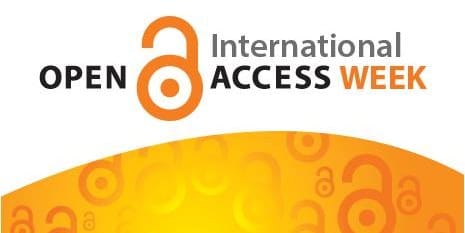
From October 21 to 27 is International Open Access Week 2024, and this blog post summarizes my contribution for 2024. The title of this post was taken from a blog post by my friend and colleague Heinz Pampel on Monday, and we again have many events related to International Open Access Week this week, as well as some blog posts. This brings me to Rogue Scholar, the science blog archive I launched in 2023 which is the main focus of my work.